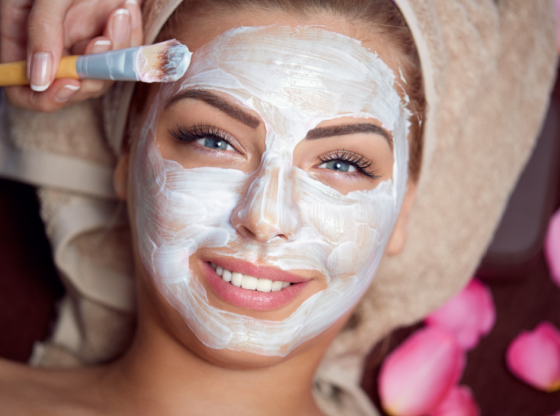The pursuit of flawless skin and radiant complexion often leads individuals to seek professional skin care treatments at beauty centers and spas. While these establishments offer a range of services promising rejuvenation and improvement in skin health, it is essential to consider the potential health implications of undergoing skin care procedures outside of a medical setting. In this article, we delve into the factors to consider when evaluating the safety and healthiness of skin care treatments in beauty centers.
The Appeal of Beauty Centers:
Beauty centers and spas have become popular destinations for individuals seeking professional skin care treatments, such as facials, chemical peels, microdermabrasion, and laser therapies. These services are often marketed as luxurious experiences that can address various skin concerns, from aging and acne to hyperpigmentation and dullness. The allure of pampering oneself and achieving visible results in a relaxing environment can be enticing for many.
Regulation and Training:
One of the primary considerations when evaluating the healthiness of skin care treatments in beauty centers is the level of regulation and training of the practitioners performing these procedures. Unlike medical spas or dermatology clinics, beauty centers may not always be held to the same rigorous standards in terms of licensing, qualifications, and oversight. This lack of regulation can raise concerns about the expertise and safety of the individuals administering skin care treatments.
Potential Risks and Complications:
While many skin care treatments offered at beauty centers are generally safe when performed by trained professionals, there is still a risk of adverse reactions, complications, and skin damage if proper protocols are not followed. Chemical peels, laser treatments, and invasive procedures carry inherent risks, including burns, scarring, infection, and hyperpigmentation, which can occur if the treatment is not tailored to the individual’s skin type and condition.
Quality of Products and Equipment:
Another aspect to consider when assessing the healthiness of skin care treatments in beauty centers is the quality of products and equipment used during the procedures. Substandard skincare products, expired ingredients, or outdated tools can potentially harm the skin and compromise the effectiveness of the treatment. It is crucial for beauty centers to prioritize the use of high-quality, safe, and sterile products to ensure the well-being of their clients.
Personalization and Consultation:
A key factor in determining the healthiness of skin care treatments in beauty centers is the level of personalization and consultation offered to clients. Skincare is not a one-size-fits-all approach, and treatments should be customized based on individual skin concerns, sensitivities, and goals. A thorough consultation with a qualified skincare professional can help assess the client’s needs, identify potential risks, and recommend appropriate treatments that align with their skin health objectives.
While skin care treatments in beauty centers can offer relaxation, rejuvenation, and visible improvements in skin appearance, it is essential to approach these services with caution and consideration for their health implications. Clients should research the credentials of the practitioners, inquire about the products and equipment used, and prioritize personalization and consultation when undergoing skin care treatments outside of medical settings. By being informed and proactive in their skincare decisions, individuals can enjoy the benefits of professional treatments while safeguarding their skin health and well-being in the process.
